Written by May Reid-Marr & Photographed by Paige Green
In my first communication with Alison Charter-Smith of Madrone Coast Farm, she emphasized the importance of the farm’s location in Sheep Ranch, California. As you might guess from the name, this town of 35 has a long history of raising sheep, and an environmental and cultural legacy born of that practice that persists today. The place is imbued with sheep history.
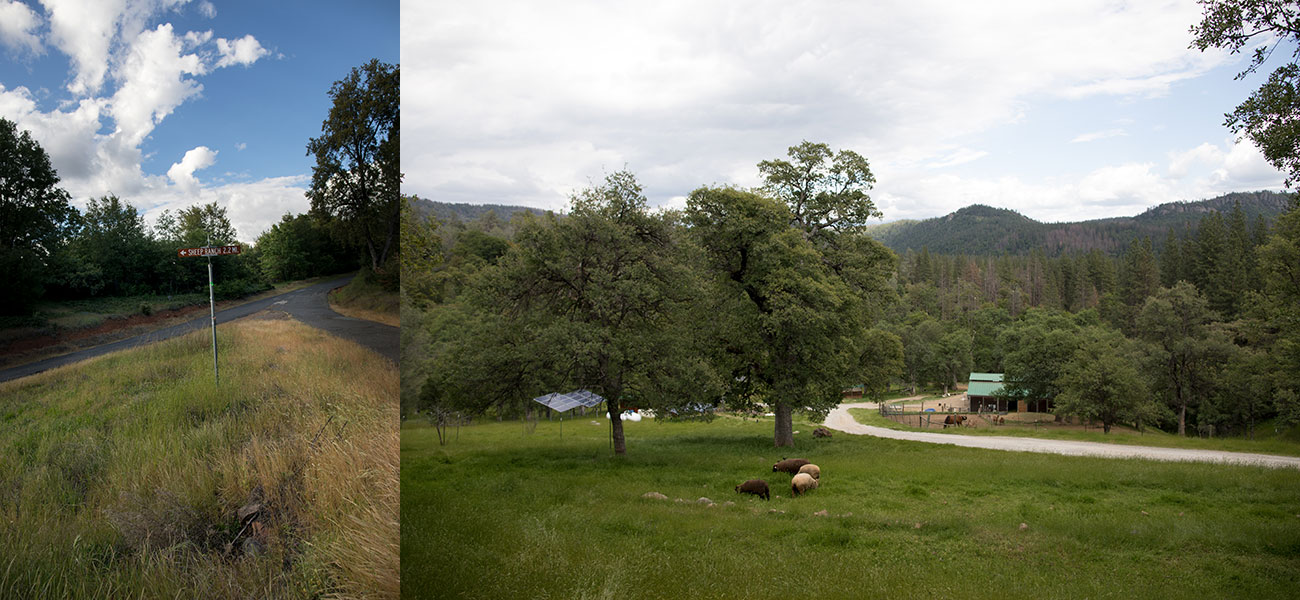
Until December 2015, Madrone Coast Farm was located in Felton, California, just outside Santa Cruz. Alison and her husband’s move to Sheep Ranch, CA has meant a lot of changes for the farm, both logistical and cultural. The challenges of the move, however, have been offset not only by their beautiful new farm property but also by the community in Sheep Ranch. Since moving, Alison feels as if she has finally found her place.
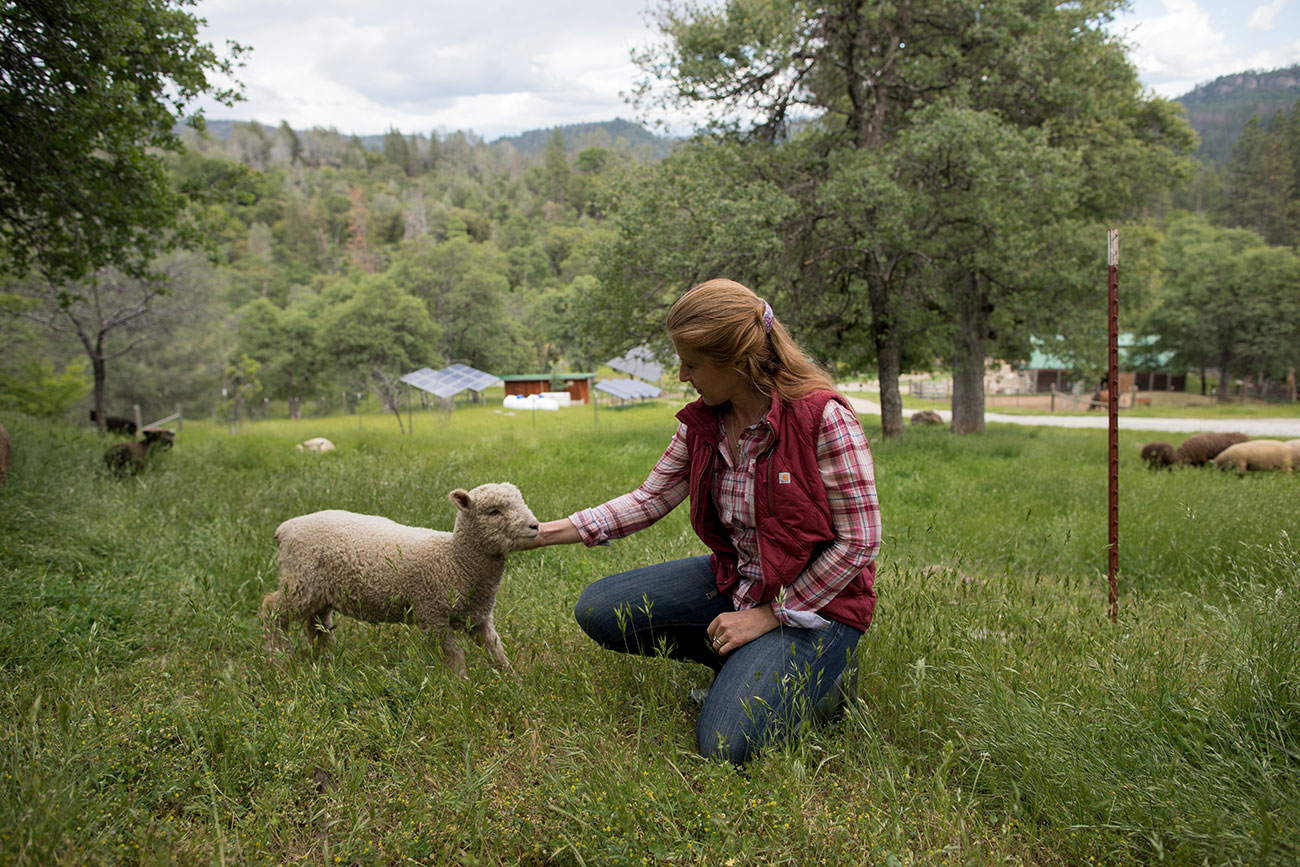
The landscape around Sheep Ranch is classic California: nestled in the foothills of the Sierra Nevada Mountains, the small town is surrounded by pine forest, and golden rolling hills punctuated by California live oak trees. The occasional small creek is marked by elderberry and willow. At about 3,500 feet of elevation, they have long, hot summers and cool, wet winters.
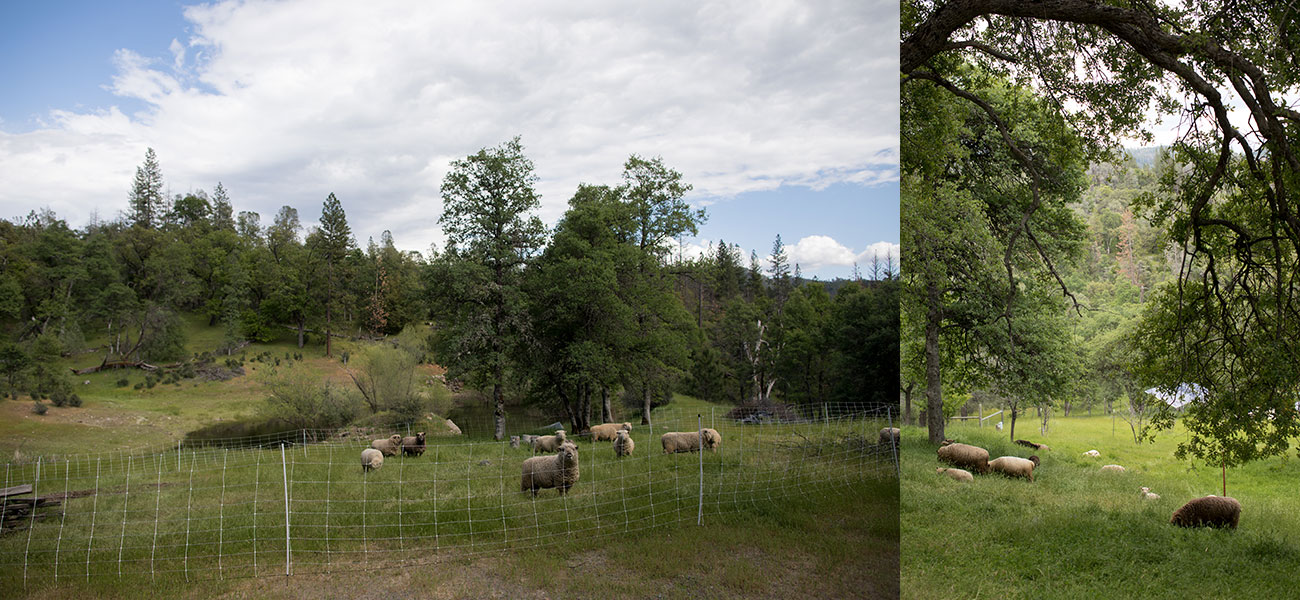
The town has an open grazing policy, meaning flocks are free to roam as they please. There is a herd of feral sheep, who can occasionally be seen wandering into town. Alison is surrounded by life-long sheep ranchers, including her neighbor, who is still tending her flock, at 90 years of age. The history of the place, and the agrarian community there was a huge draw to Alison and her husband. The property on which Madrone Coast Farm is now located was previously a horse ranch, and before that was used as rangeland for sheep and cattle. The area is also home to the Sierra Miwok Tribe, and evidence of their ancestry can be found on the property in the form of several grinding stones.
The move doubled the size of the farm from 97 acres in Felton, to 200 in Sheep Ranch. Being new to the property, Alison wasn’t sure what to expect from the land. With the arrival of spring, however, she was delighted to observe the wide variety of plant species present in her pasture. It yielded a great mixture of annuals and perennials including grasses and legumes, yarrow and chicories.

This incredible vitality in the pasture meant that the hills were green through June. Not only has this pasture provided excellent forage for her sheep, but it has also meant that she hasn’t needed to worm her animals once since the move. Her animals look healthier and fatter than in previous seasons, and she is expecting a good set of lambs this year. Watching the incredible benefits to her sheep on the new pasture has cemented Alison’s belief that raising pasture animals has everything to do with soil health. The diversity of Madrone Coast Farm and Alison’s management practices help produce strong soil. Healthy soil grows beautiful pasture, which means healthy animals, which means a more manageable workload and better financial sustainability for the business. It’s a win – win – win.
On the new property, Alison and her husband continue to raise a flock of 36 Olde English Babydoll Southdown sheep and Large Black hogs, breeds that were both developed in Southern England, where Alison’s family is from. They sell the resulting pork, lamb, and wool in addition to eggs and vegetables.
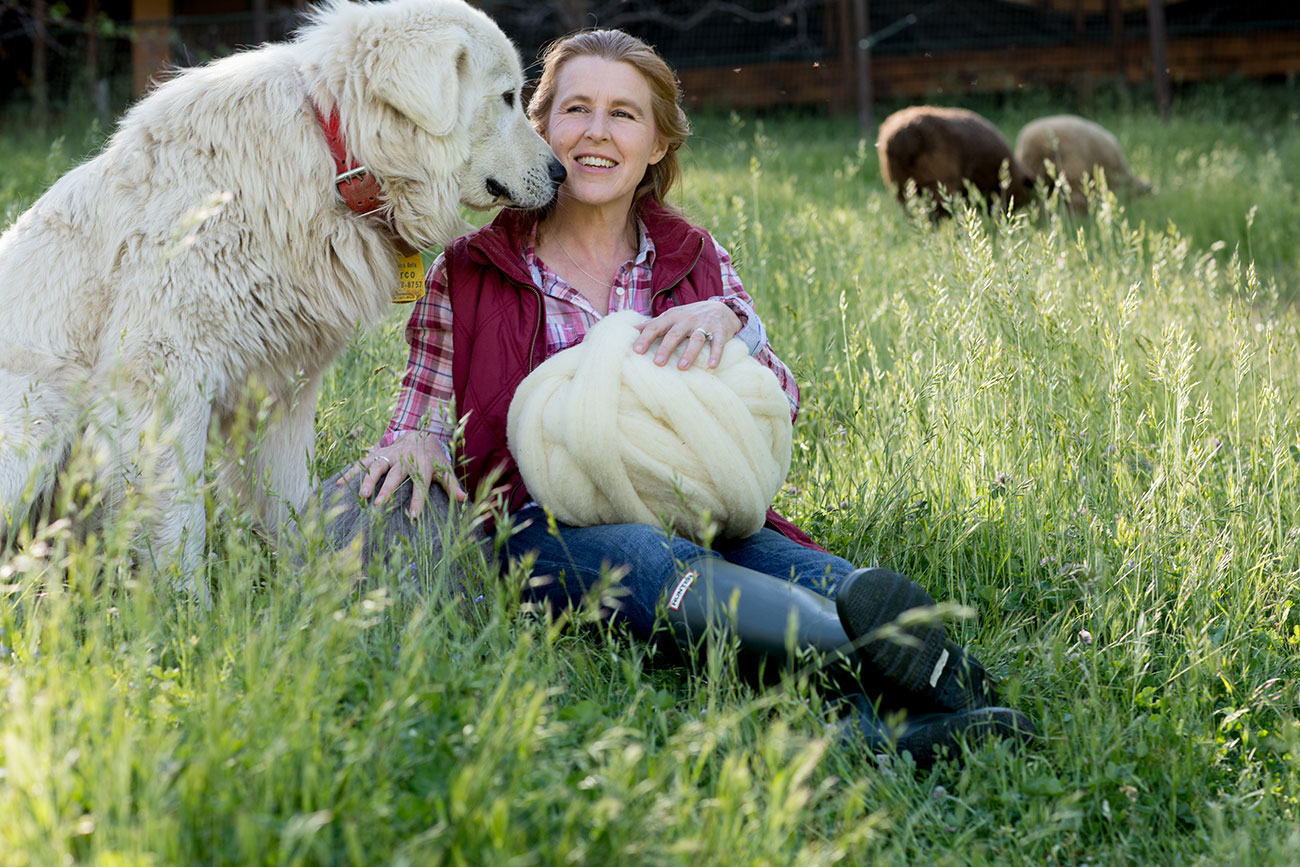
When she talks about the future of the farm, Alison’s enthusiasm is palpable. Moving forward, she has plans to expand the farm operation to include cattle. This addition will create more balanced grazing of the pasture, the multi-species grazing will improve soil health, and in turn yield a more balanced farm system overall. With more land, she also has the opportunity to expand the size of her sheep flock. She is breeding, of course, for animal health and breed conformation, but also for the quality of wool. With a few promising ewes, she is looking forward to seeing how the quality and quantity of her wool improves over time.
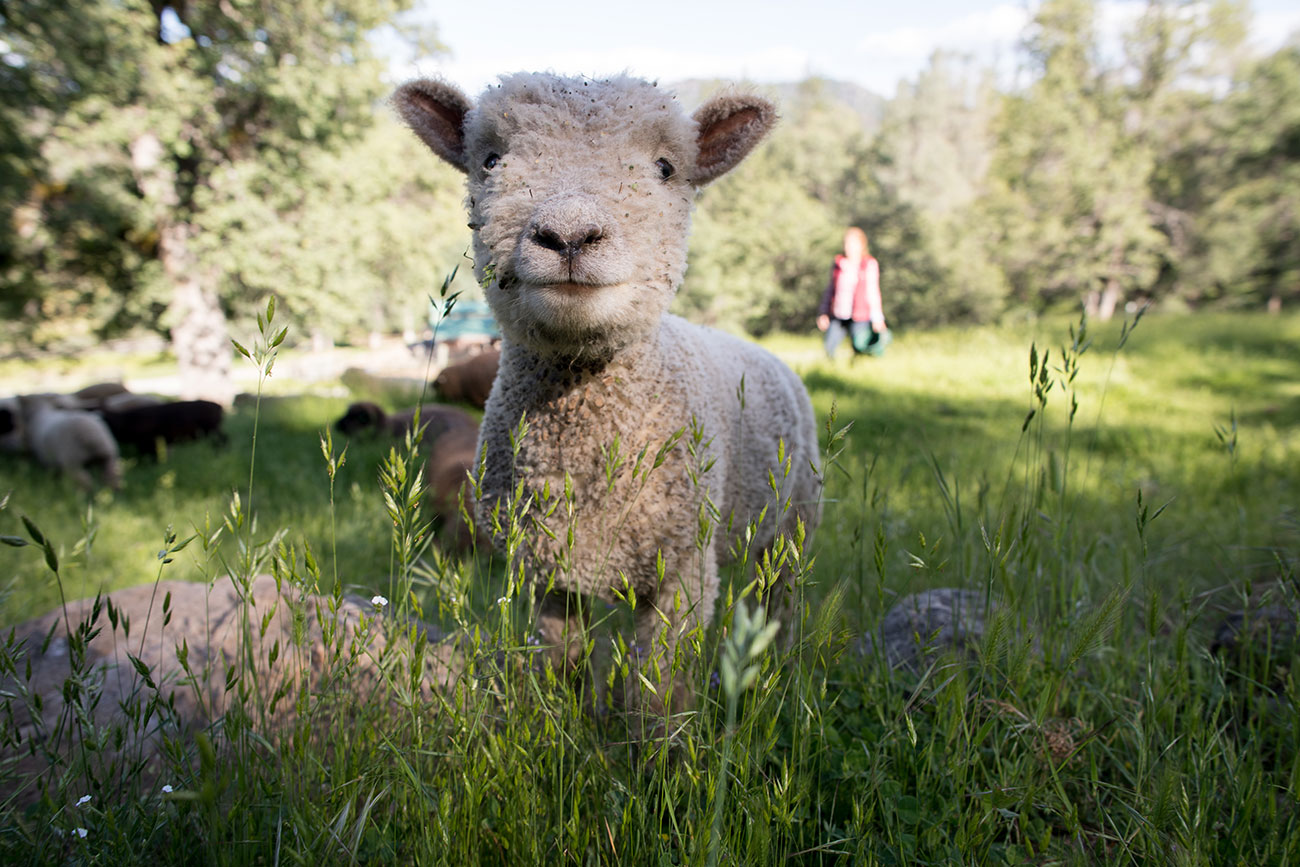
Alison views her farm not only as a system in itself but also as part of a larger cultural system. Her dedication to regenerative agriculture and agrarianism is immediately clear. She believes that working with animals is of huge benefit to people’s ethics and virtues. She is fond of saying that “animals make you so honest.” School groups often come out to the farm because she believes that interaction with animals, especially at a young age, grows compassion, curiosity, and awareness. Maintaining (or reviving) this familiarity with animals within her community remains a priority.
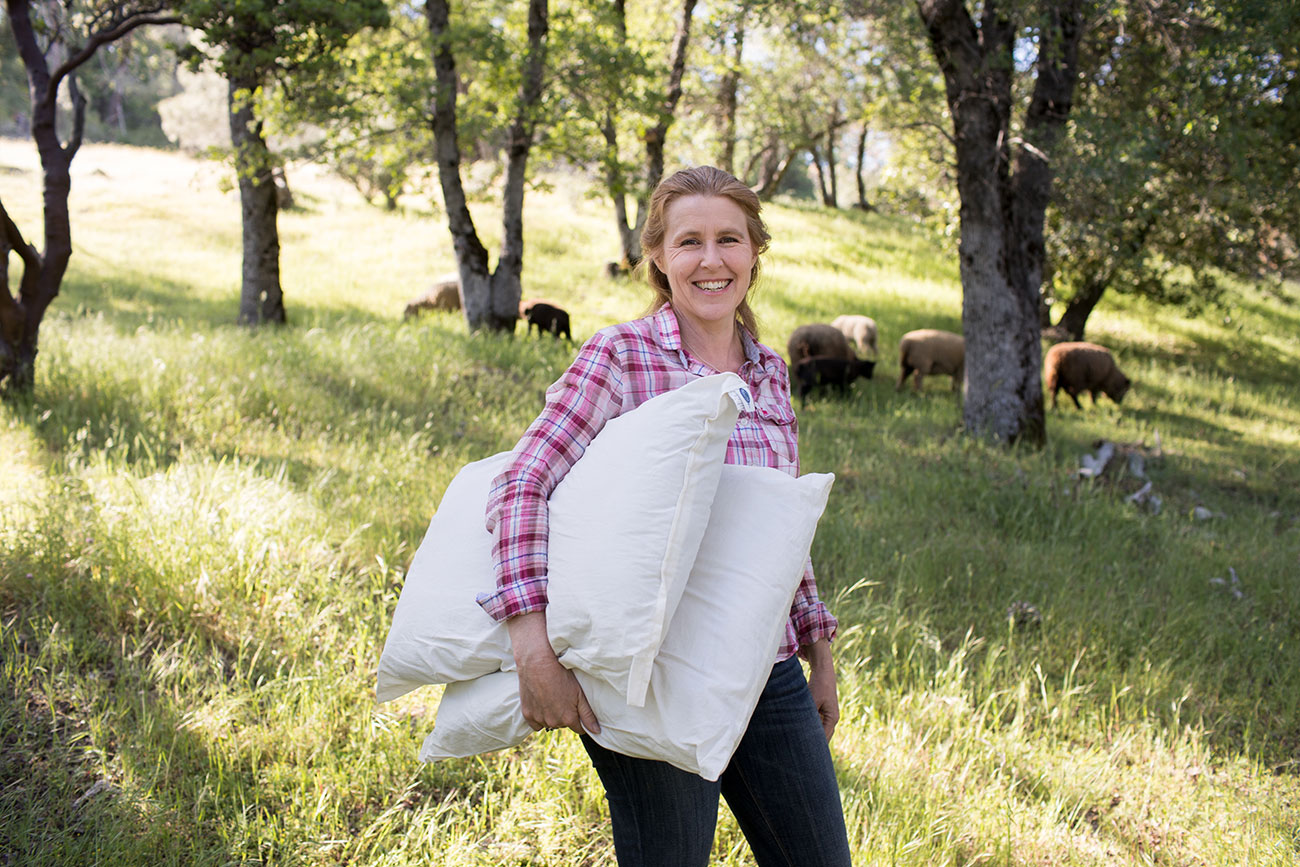
Alison’s ability to maintain an unabashed enthusiasm for the work she does, while being practical about the logistical realities of farming, make for a strong impression of dedication. She is equally dedicated to breeding preservation, quality wool production, pasture management, community building, agricultural education, and being a business owner. She manages to attend to each priority with grace and aplomb.
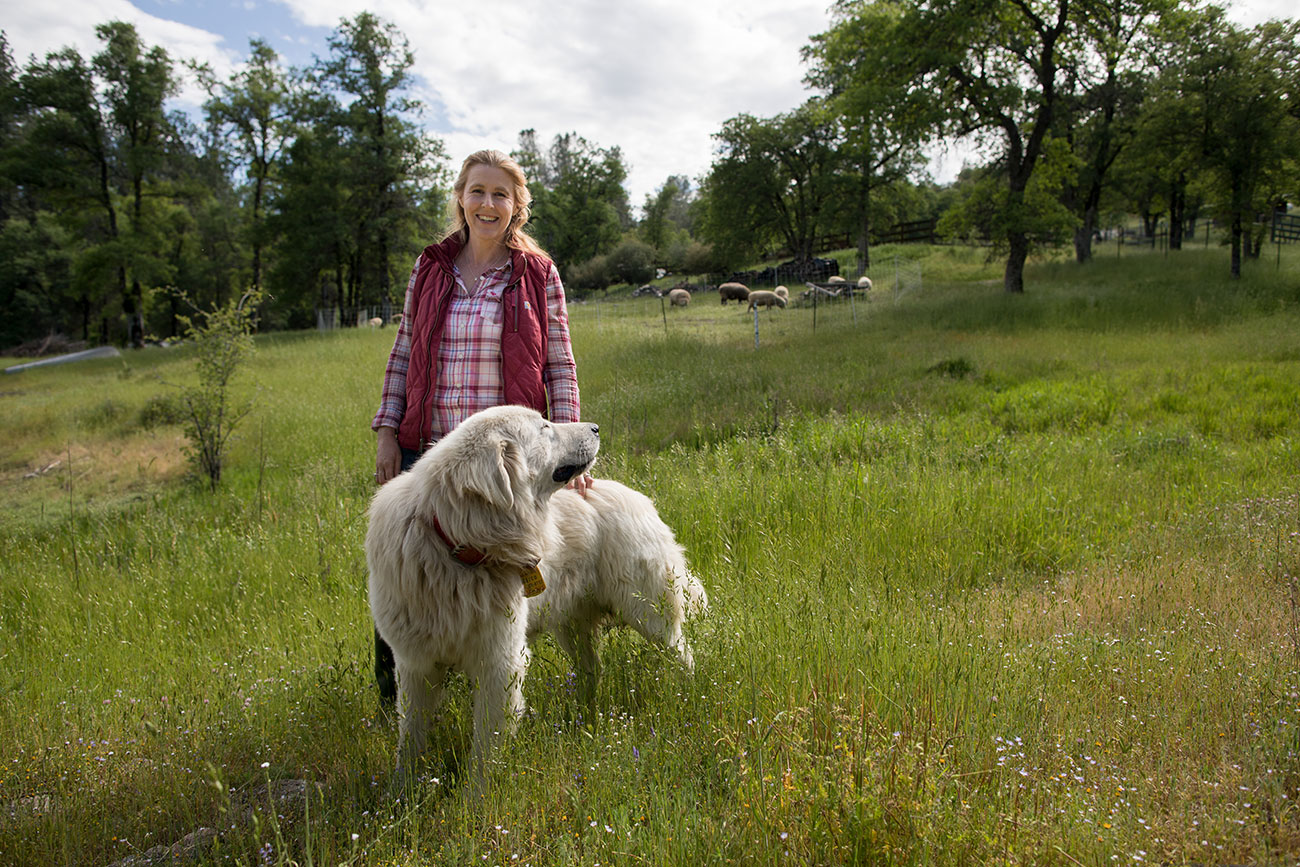
Learn more about Madrone Coast Farm, by visiting them on Facebook here.
